12 Once-Unstoppable Anime That Suddenly Faded Into Obscurity
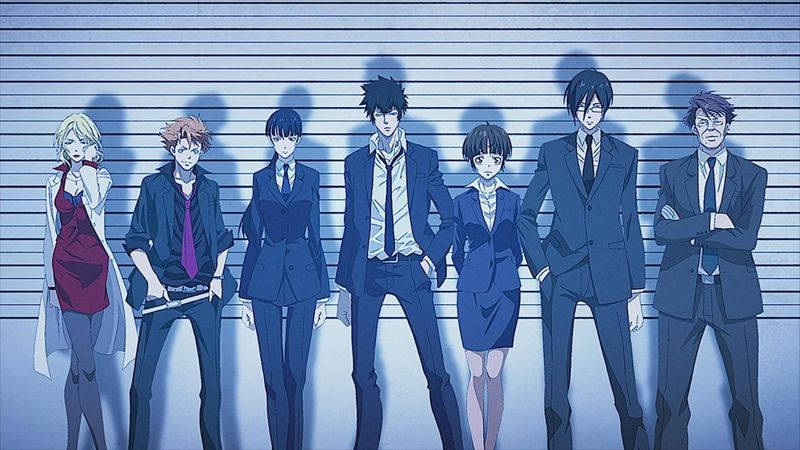
Anime has a way of capturing our hearts, exploding in popularity, and then sometimes just… vanishing. Some shows dominated conversations, filled up convention halls, and inspired countless fans—only to quietly slip into the background. What causes these once-beloved series to fade away when they seemed unstoppable? Whether it’s poor adaptations, long gaps between seasons, or shifts in tone, these anime prove that even the biggest hits can lose their spark.
1. Tokyo Ghoul (2014–2018)
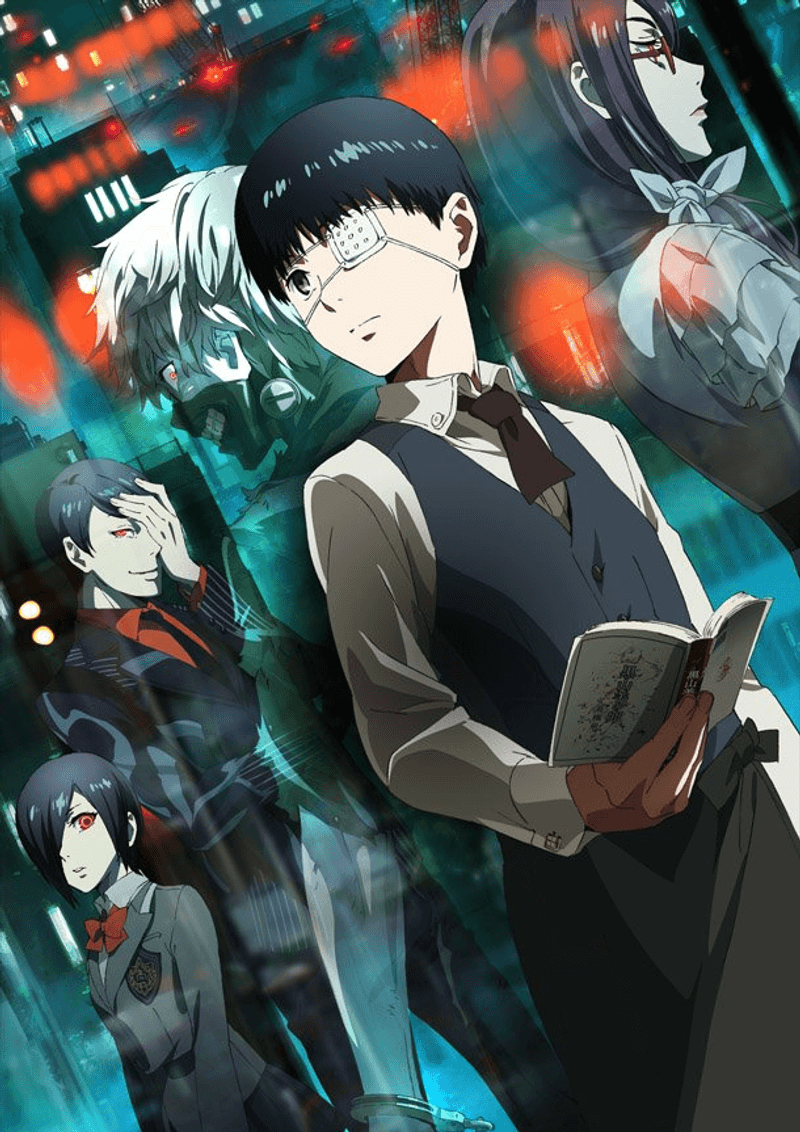
Remember when everyone was obsessed with Ken Kaneki and his tragic transformation? Tokyo Ghoul burst onto the scene with dark, mature storytelling and a haunting atmosphere that set it apart from typical shōnen fare. Fans couldn’t get enough of the gritty conflict between humans and ghouls.
But then something went wrong. The anime adaptation started cutting corners, rushing through important story beats and leaving out key character development. Later seasons felt choppy and confusing, disappointing manga readers and casual viewers alike.
What began as a stylish, emotional rollercoaster ended up losing its fanbase to poor pacing and unsatisfying conclusions. Now it’s mostly remembered for what could have been rather than what it became.
2. Psycho-Pass (2012–2023)
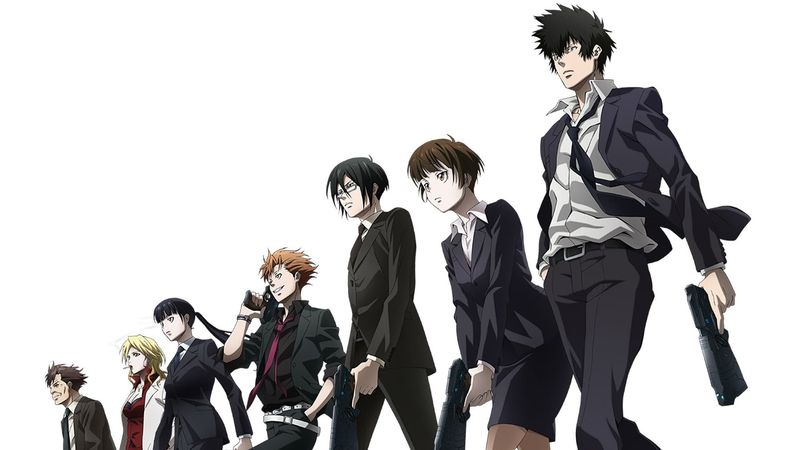
The first season of Psycho-Pass was nothing short of brilliant. Its cyberpunk world, philosophical questions about justice, and morally complex characters made it an instant classic. Fans praised its intelligent writing and dark, gripping narrative that challenged viewers to think deeply.
Then came the sequels. New seasons introduced different characters and tones that didn’t quite capture the original magic. The philosophical depth felt watered down, and the intrigue that hooked audiences early on started to fade.
Without the same creative vision guiding later entries, Psycho-Pass struggled to maintain its reputation. Today, people still recommend the first season but often warn newcomers to skip the rest, which says a lot about how far it fell.
3. Blue Exorcist (2011–2024)
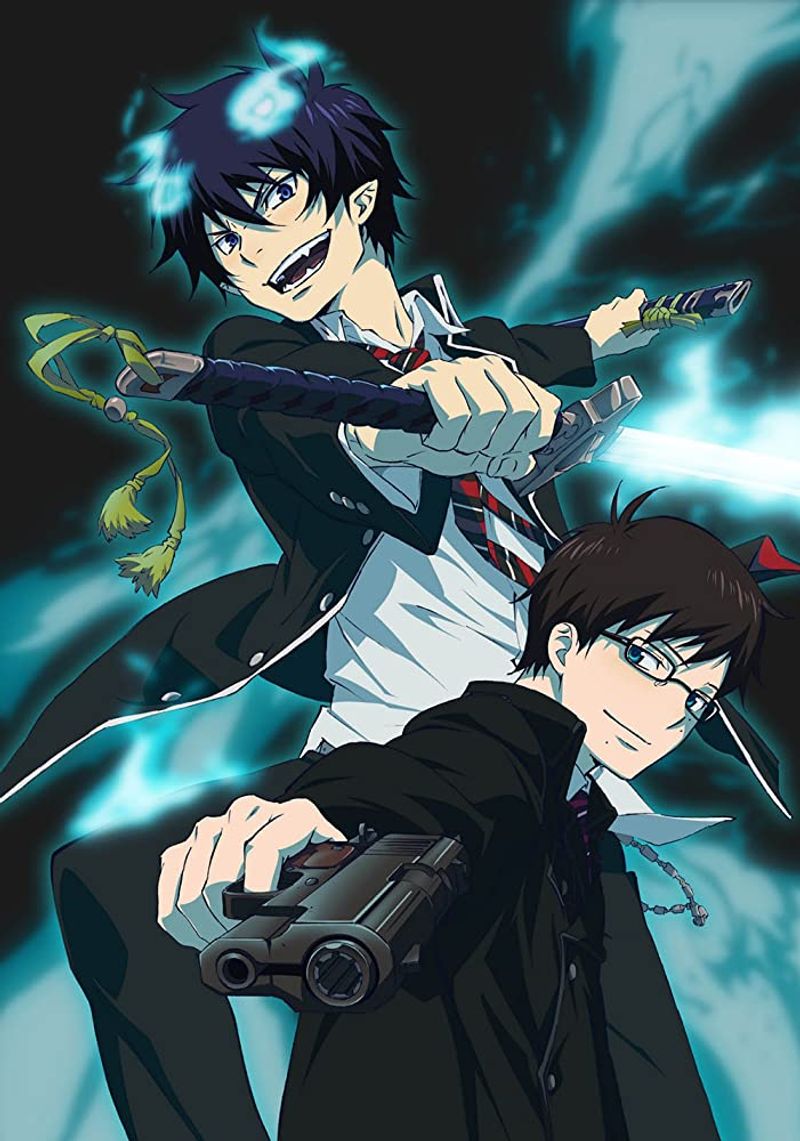
When Blue Exorcist premiered, it had everything shōnen fans loved: a cool protagonist with demonic powers, exciting action scenes, and a unique twist on exorcism lore. Rin Okumura’s journey to control his blue flames while battling demons captivated audiences worldwide.
Unfortunately, long gaps between seasons killed the momentum. By the time new episodes arrived, many fans had moved on to other series. Inconsistent storytelling and filler arcs didn’t help either, leaving viewers frustrated and disconnected.
What started as a promising hit with tons of potential ended up cooling off significantly. Now Blue Exorcist exists in a strange limbo—not forgotten entirely, but nowhere near as celebrated as it once was.
4. The Rising of the Shield Hero (2019–2023)
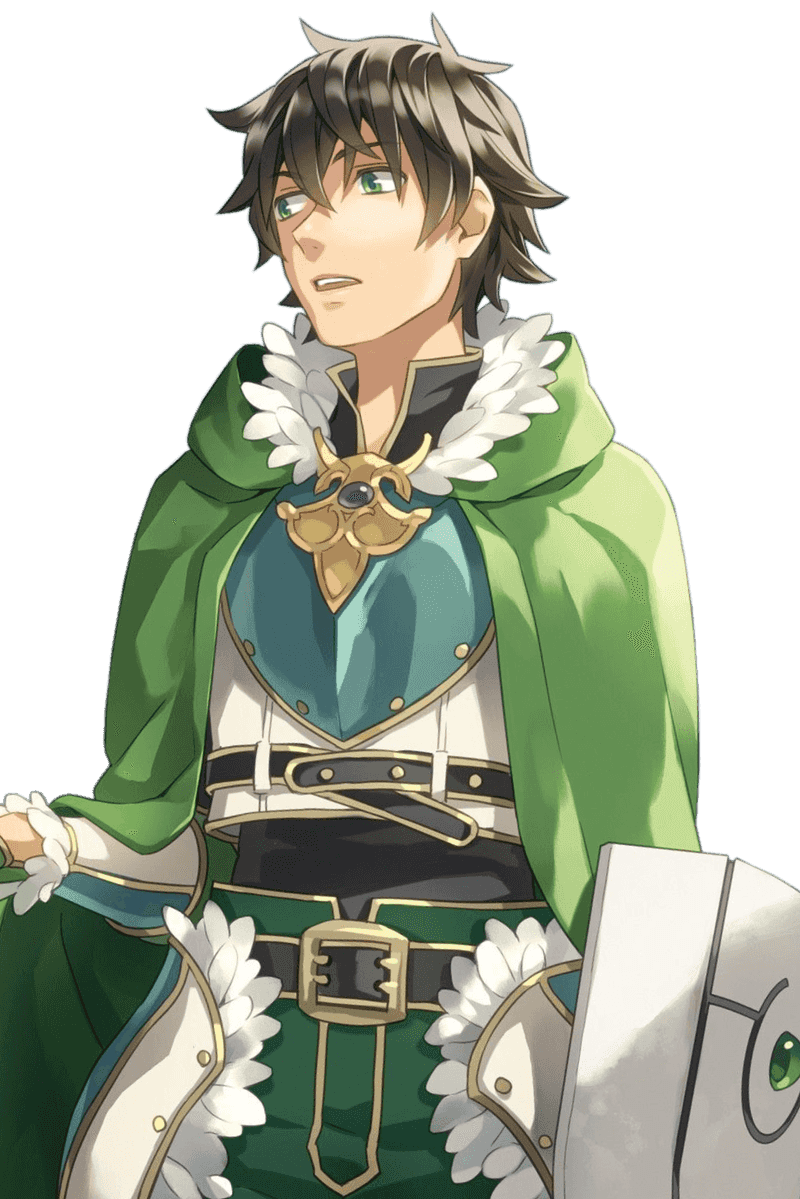
Few isekai anime made such a bold first impression as The Rising of the Shield Hero. Its premise—a wrongfully accused hero fighting prejudice while protecting others—felt fresh and emotionally charged. Naofumi’s anger and determination resonated deeply with viewers tired of generic power fantasies.
But as the series continued, that emotional intensity faded. Later arcs lacked the same depth and pacing that made the beginning so compelling. Characters became less interesting, and conflicts felt repetitive or predictable.
Fans who were initially hooked started losing interest when the show couldn’t maintain its unique edge. What began as a standout isekai gradually blended back into the oversaturated genre it once rose above.
5. Tower of God (2020–2024)
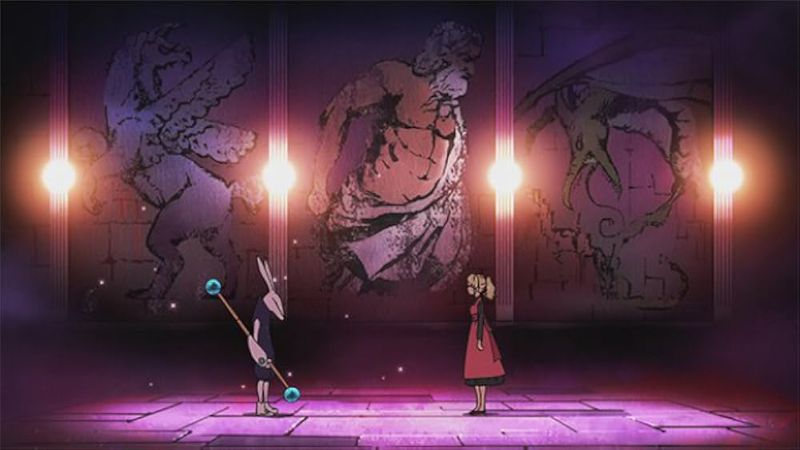
Hype was through the roof when Tower of God was announced as a Webtoon adaptation. Fans of the original comic expected stunning visuals and faithful storytelling that would introduce this beloved series to anime audiences. Anticipation couldn’t have been higher.
Instead, viewers got uneven animation quality and a rushed narrative that skipped over important world-building details. The pacing felt off, leaving newcomers confused and longtime fans disappointed. Follow-up seasons took too long to arrive, further dampening excitement.
What should have been a breakthrough moment for Webtoon adaptations ended up underwhelming audiences. Tower of God still has its dedicated fans, but it never achieved the mainstream success many predicted it would.
6. The Promised Neverland (2019–2021)
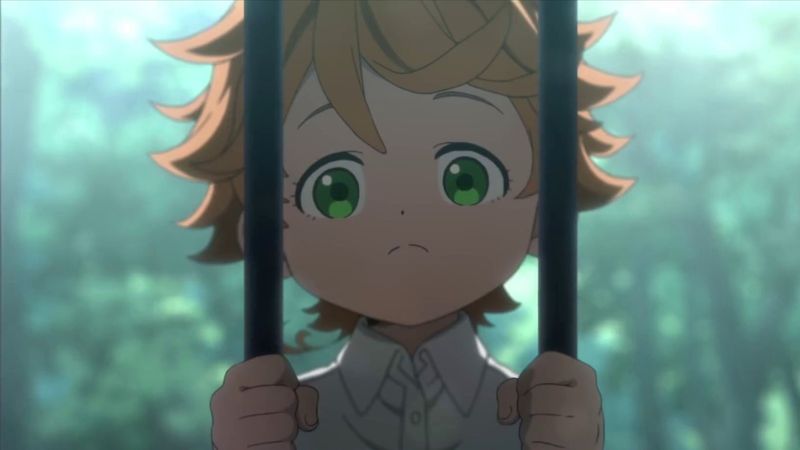
Season one of The Promised Neverland was practically perfect. The suspenseful cat-and-mouse game between orphans and their sinister caretaker kept viewers on the edge of their seats. Every episode delivered shocking twists and emotional punches that left fans craving more.
Then season two happened. Instead of faithfully adapting the manga, the anime took bizarre shortcuts and original directions that made no sense. Important arcs were skipped entirely, character motivations became unclear, and the ending felt rushed and unsatisfying.
This disastrous second season destroyed the show’s legacy almost overnight. What could have been remembered as a modern thriller classic is now a cautionary tale about how quickly bad decisions can ruin something great.
7. The Devil is a Part-Timer! (2013–2023)
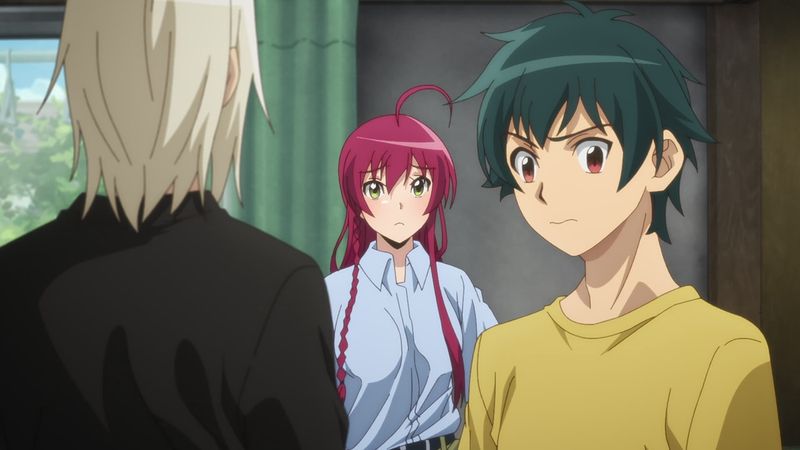
Imagine the Dark Lord himself flipping burgers at a fast-food joint in modern Tokyo. That hilarious premise made The Devil is a Part-Timer! an instant comedy favorite. The fish-out-of-water humor combined with surprisingly heartfelt moments created something truly special and memorable.
But then the show went silent for nearly a decade. When it finally returned with a sequel, the magic had faded. The animation quality dropped, the humor felt stale, and fans had simply moved on to newer comedies.
A long hiatus can kill even the most beloved series, and this one proved it. What was once a fresh, laugh-out-loud hit became just another forgotten comedy in anime’s vast library.
8. Log Horizon (2013–2021)
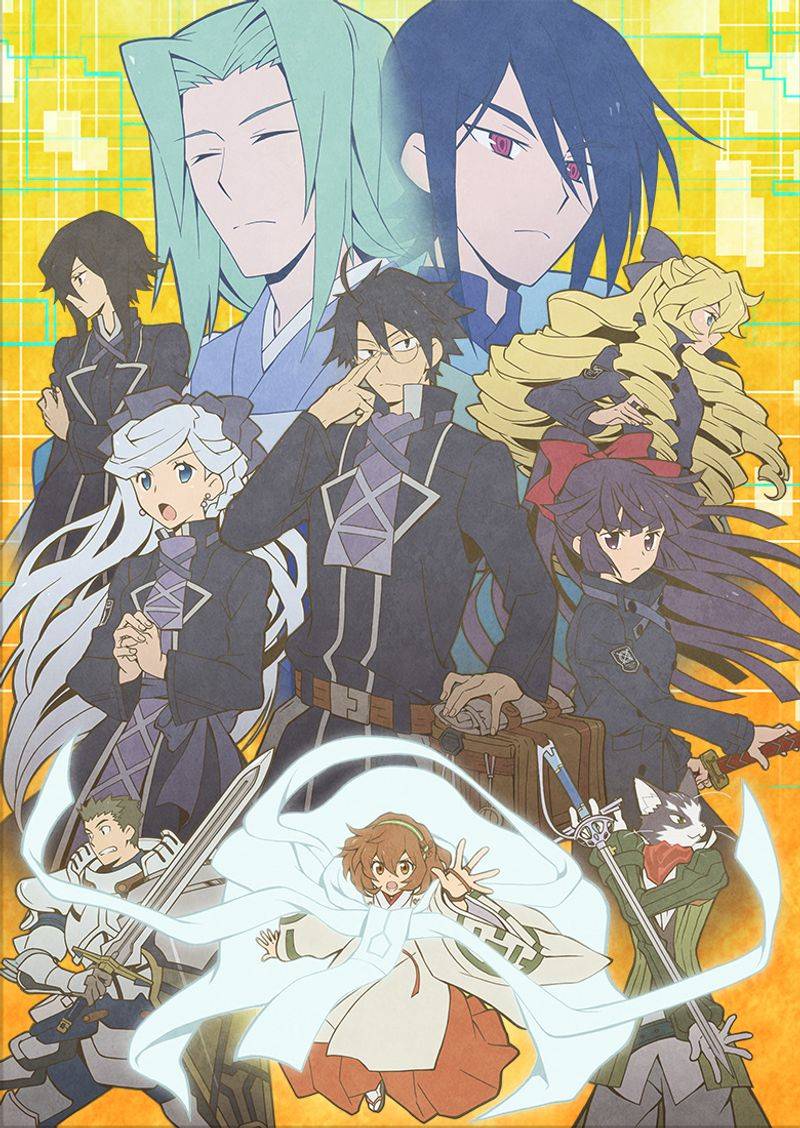
Before Sword Art Online dominated the MMO anime scene, Log Horizon offered something smarter and more strategic. Instead of flashy fights, it focused on world-building, politics, and problem-solving within a game-like world. Fans appreciated its thoughtful approach to the trapped-in-a-game concept.
Then it disappeared for years. When new seasons finally arrived, the audience had scattered. Production issues and legal troubles surrounding the original author didn’t help matters either.
By the time Log Horizon returned, the isekai genre had exploded with countless competitors. What was once praised as a clever alternative got buried under an avalanche of newer shows, unable to reclaim its former glory.
9. Beastars (2019–2024)
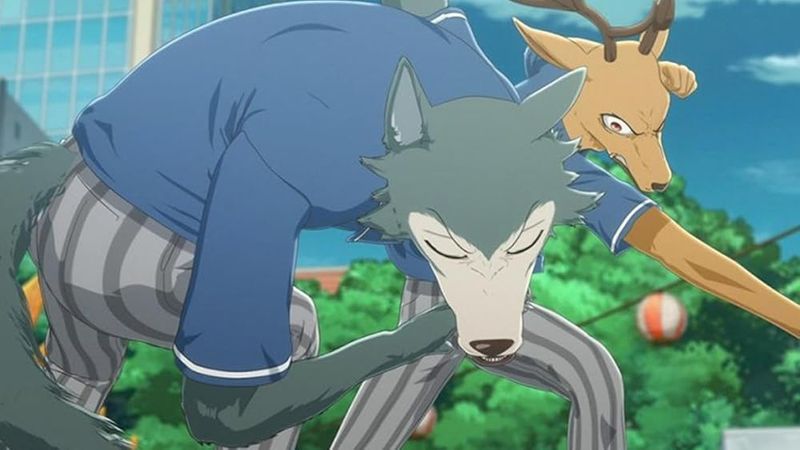
With its bold anthropomorphic characters and mature themes, Beastars felt daring and different. The story of a wolf struggling with his predatory instincts while falling for a rabbit tackled complex ideas about identity, society, and prejudice. Critics loved its stylish animation and emotional depth.
However, its niche appeal limited mainstream success. Not everyone was comfortable with the anthropomorphic animal setting, no matter how well-written the story was. When season two arrived with less promotional buzz, it quietly came and went.
Despite critical acclaim, Beastars never broke through to wider audiences. It remains a cult favorite rather than the cultural phenomenon some hoped it would become.
10. One-Punch Man (2015–2025)
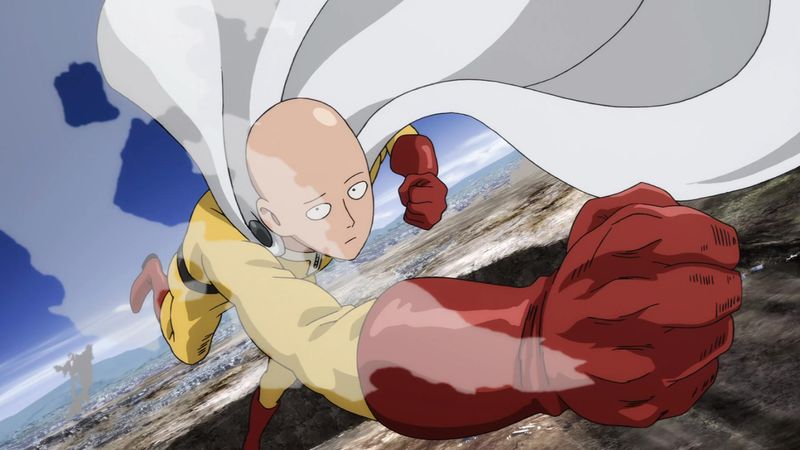
Few anime debuts have been as explosive as One-Punch Man. Its incredible animation, hilarious parody of superhero tropes, and overpowered yet relatable protagonist made it an instant sensation. Everyone was talking about Saitama and his ability to defeat any enemy with a single punch.
Then season two arrived with a different animation studio. The drop in visual quality was impossible to ignore, and fans felt betrayed. The fluid, jaw-dropping action that defined the first season was replaced with noticeably weaker animation.
While still popular, One-Punch Man lost much of its shine. It went from revolutionary to just another decent action show, proving how much production quality matters in maintaining hype.
11. Rave Master (2001–2002)
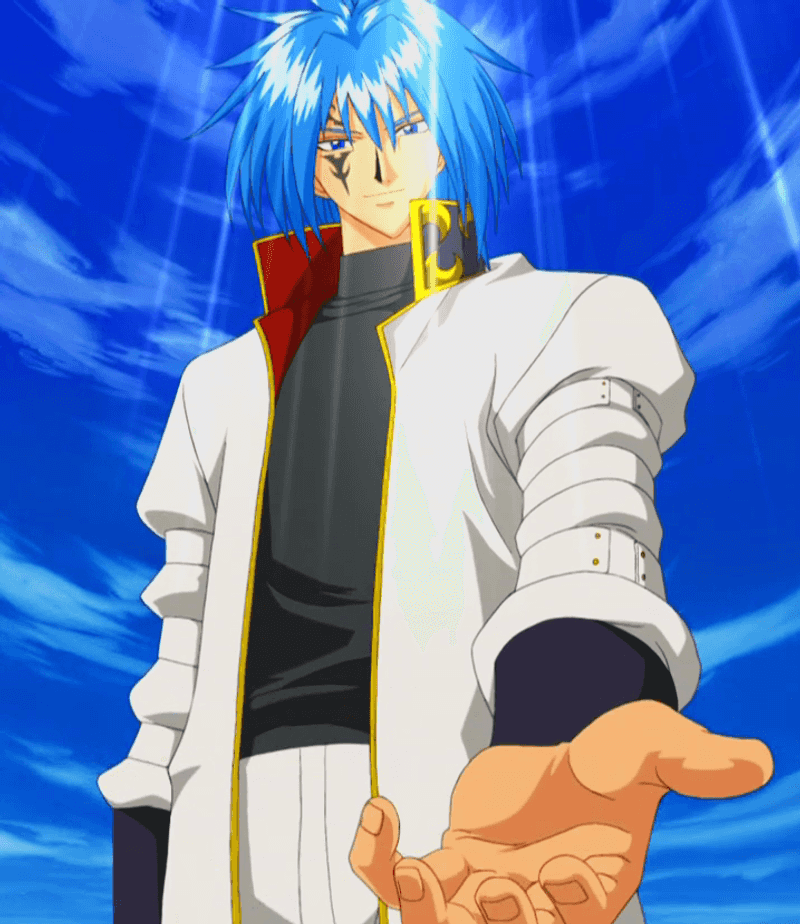
Before Hiro Mashima created Fairy Tail, he gave us Rave Master—a solid shōnen adventure with magic, friendship, and epic battles. It had all the ingredients for success: likable characters, interesting powers, and a quest-driven plot that kept viewers engaged week after week.
Unfortunately, it arrived at an awkward time and never quite found its footing. Dated animation and fierce competition from other action series overshadowed its strengths. When newer titles with flashier visuals came along, Rave Master faded into the background.
Now it’s mostly remembered as that other show by the Fairy Tail creator, rarely discussed or recommended despite having plenty of charm and heart to offer.
12. Elfen Lied (2004)
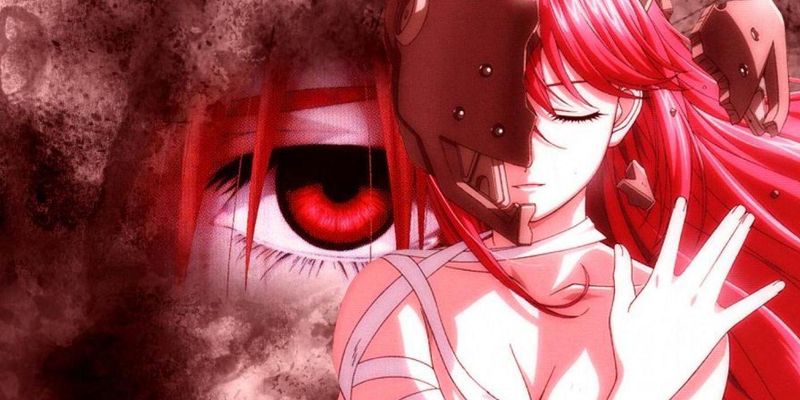
In the early 2000s, Elfen Lied shocked audiences with its extreme violence and tragic story. Lucy, a powerful mutant with invisible telekinetic arms, became an icon of dark, mature anime. The series didn’t hold back on brutality or emotional devastation, earning it a controversial reputation.
But as anime evolved, shock value alone wasn’t enough to stay relevant. Modern viewers often see Elfen Lied as gratuitous rather than groundbreaking. Its edgy approach feels dated compared to more nuanced psychological thrillers available today.
What was once infamous and widely discussed is now considered a relic of an earlier era. Elfen Lied remains a curious artifact of anime history rather than a timeless classic.

Comments
Loading…